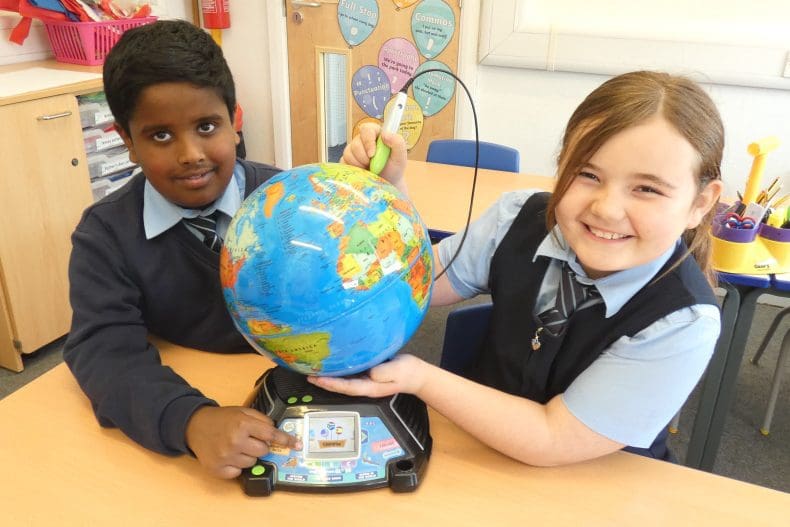
 Subject Leader: Miss Halligan
Subject Leader: Miss Halligan
“The truth is: the natural world is changing. And we are totally dependent on that world. It provides our food, water and air. It is the most precious thing we have and we need to defend it.” Sir David Attenborough
At Allanson Street Primary School, we aim to provide our children with the highest quality geography education, one which is designed to inspire and ignite a life-long curiosity and fascination about the world and its people. It is our hope that this fascination will inspire our children to not only explore and respect the world around them but also instil in them a desire to make the world a better place for themselves and others.
We want our children to have no limits to what their ambitions are and grow up wanting to be cartographers, town planners, conservationists or weather forecasters. We want our children to remember their geography lessons in our school, to cherish these memories and embrace the wide range of opportunities they are presented with.
What will our children learn and why?
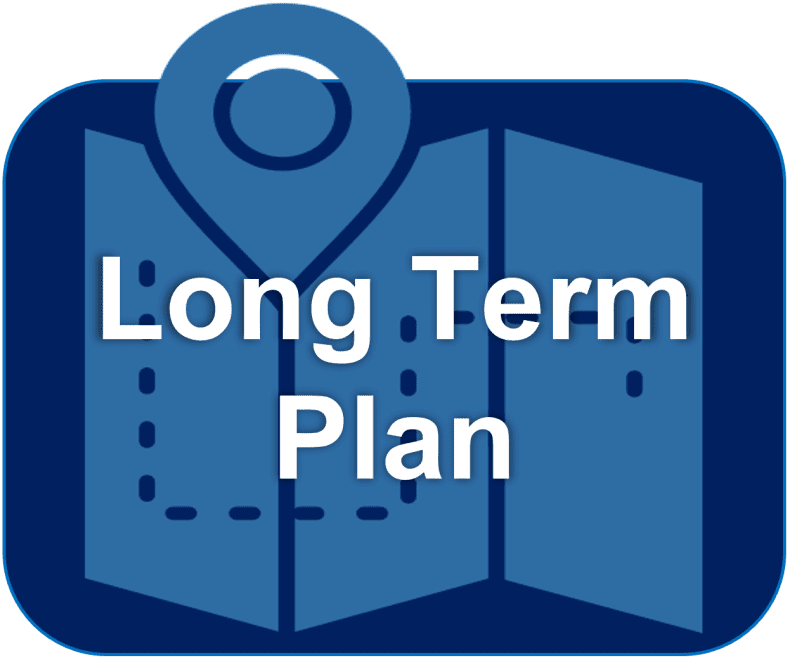 |
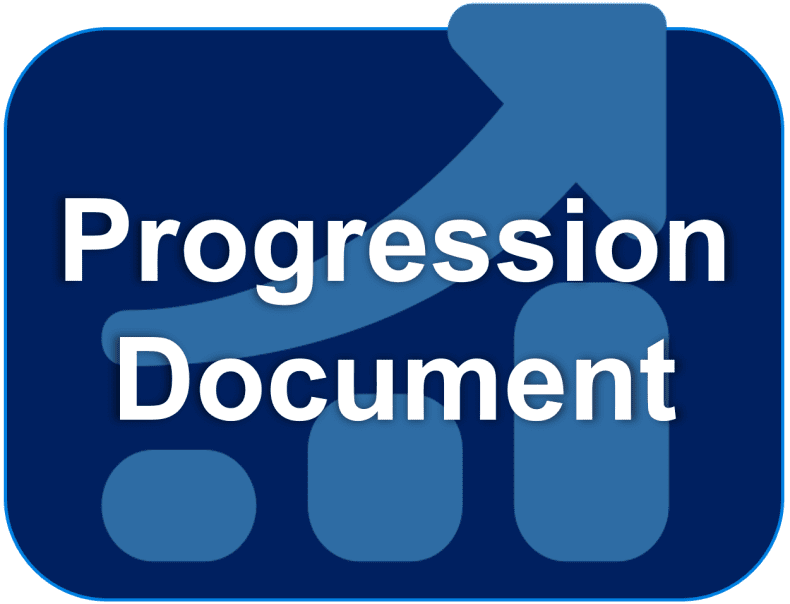 |
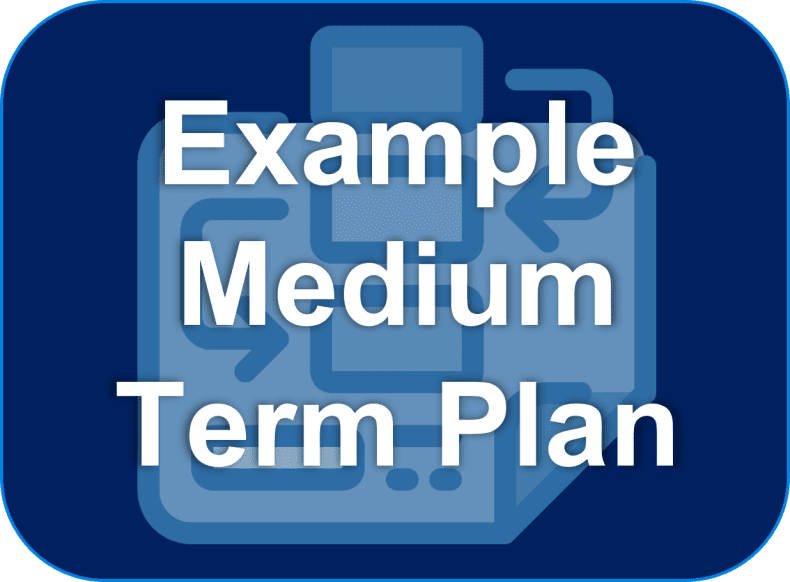 |
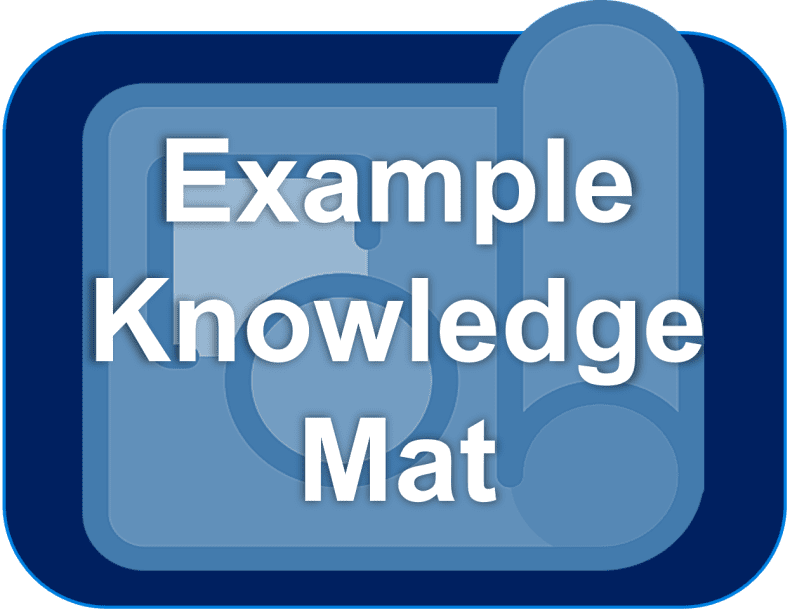 |
At Allanson Street Primary School, we shape our geography curriculum to ensure it is fully inclusive to every child. Our aims are to fulfil the requirements of the National Curriculum for Geography by providing a bespoke, broad and balanced curriculum, ensuring the progressive development of geographical concepts, knowledge and skills and for the children to develop a love for geography.
Our geography curriculum equips children with a secure knowledge of places and people; resources in the environment; physical and human processes; formation and use of landscapes. We also want children to develop geographical skills: collecting and analysing data; using maps, globes, aerial photographs and digital mapping to name and identify countries, continents and oceans; and communicating information in a variety of ways. We want children to enjoy and love learning about geography by gaining this knowledge and developing skills, not just through experiences in the classroom, but also with the use of fieldwork and educational visits.
Throughout their time at Allanson Street, our children’s geographical learning will take them on a journey across the globe, equipping them with knowledge about a range of diverse places, people, resources, and natural and human environments. Children across the school will be made aware of environmental issues at local, regional, and global levels, developing an understanding of the interaction between physical and human processes, and of the formation and use of landscapes and environments
As well as investigating places within Britain and other countries around the world, our geography curriculum ensures that every year group has the opportunity to study the human and physical geography of our local area, through a local fieldwork study. By keeping Parr, St. Helens and Merseyside at the heart of our geography curriculum, our children will develop a real sense of who they are, their heritage and what makes our local area unique and special.
How will we ensure that our children leave us equipped with the knowledge and skills needed to flourish in the next stage of their learning journey and beyond?
Our geography curriculum has been mapped from EYFS to Year 6 to ensure that every child receives a broad, balanced, and progressive curriculum.
Geography is an essential part of learning in EYFS as it is incorporated in everyday learning through Understanding of the World. The geographical aspects of the children’s work relate to the objectives set out in the Development Matters framework.
In Key Stages One and Two, geography is taught in line with the National Curriculum as an independent subject once a week across three half terms. It is planned to ensure a rich education in which pupils develop a depth of understanding and a broad range of knowledge, allowing them to make links across concepts and topics. Each geography lesson, across both key stages, is delivered using the same blueprint of ‘Prior Learning’; ‘New Learning’; and ‘Reflection’. Lessons are organised in this way so that children continuously build and revisit knowledge, ensuring that it is remembered and stored in their long-term memory.
Knowledge organisers are used to support the learning of places and people, resources in the environment, physical and human processes, formation and use of landscapes.
Educational visits are a key part of our geography curriculum and we encourage all year groups to seek opportunities to plan additional geography learning outside the classroom which is related to their current topic.
How will our Geography curriculum make a difference for our children?
We believe our children will:
- Have thoroughly enjoyed learning about geography, therefore encouraging them to undertake new life experiences now and in the future.
- Be able to confidently use maps to locate and describe features of a location and answer questions such as:
- Where is this place?
- What is it like? (And why?)
- How and why is it changing?
- How does this place compare with other places?
- How and why are places connected?
- Have developed the geographical knowledge, skills and vocabulary to help them explore, navigate and understand the world around them and their place in it.
- Use their passion for Geography to strive to make the world a better place for themselves and others.
- Develop excellent fieldwork skills as well as other geographical aptitudes and techniques.
- Have the ability to express well balanced opinions, rooted in a secure knowledge and understanding of current issues in society and the environment.
- Develop progressively as they move through the school, not only to enable them to meet the requirements of the National Curriculum but to prepare them to become competent geographers in secondary education and for life as an adult in the wider world.
*Image Acknowledgements: icons8.com, www.iconfinder.com, thomas-kinto-6MsMKWzJWKc-unsplash.jpg

